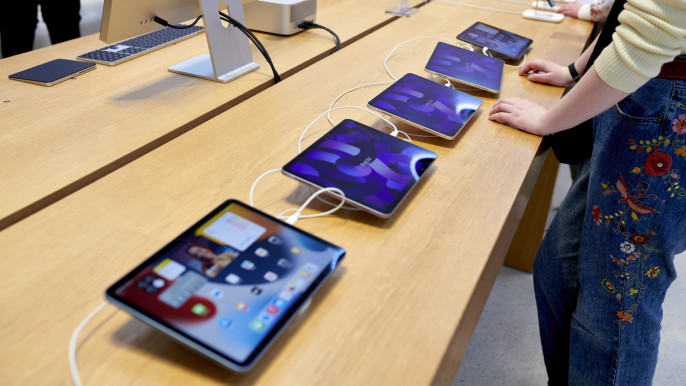
Apple Inc.’s iPad has been included in the list of Big Tech products and services subject to strict new regulations imposed by the European Union (EU) to prevent potential competition abuses.
This decision gives Apple a six-month window to ensure that its tablet ecosystem complies with a range of preemptive measures outlined in the EU’s flagship Digital Markets Act.
While Apple’s iOS mobile operating system, its App Store, and Safari browser are already covered by the law, Apple has contested its designation for certain services to the EU’s General Court in Luxembourg. Hearings for these challenges are scheduled later this year.
EU Competition Commissioner Margrethe Vestager stated that bringing the iPad under the scope of the Digital Markets Act will help maintain fairness and competition. Despite not meeting all the thresholds for inclusion, an investigation revealed that “iPadOS constitutes an important gateway on which many companies rely to reach their customers.”
This decision represents a setback for Apple, as it will need to adjust its operating system to adhere to a series of new requirements and prohibitions. These include enabling iPad users to download apps from sources outside Apple’s ecosystem and allowing them to uninstall preloaded apps from their devices.
An Apple spokesperson emphasized the company’s commitment to serving European consumers while addressing the new privacy and data security challenges posed by the Digital Markets Act.
The EU’s Digital Markets Act targets the core business models of six major technology firms considered digital “gatekeepers.” Alongside Apple, Microsoft Corp., Meta Platforms Inc., Alphabet Inc.’s Google, Amazon.com Inc., and TikTok owner ByteDance Ltd. are all subject to new obligations aimed at preventing the abuse of their market dominance.
According to the law, designated firms are prohibited from favoring their own services over competitors’, combining personal data across different services, using data collected from third-party merchants to compete against them, and must allow users to download apps from rival platforms.
Source: Agencies










